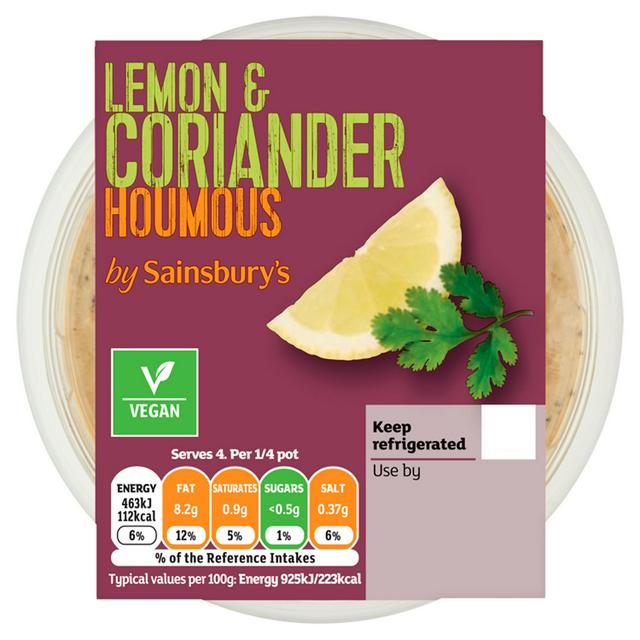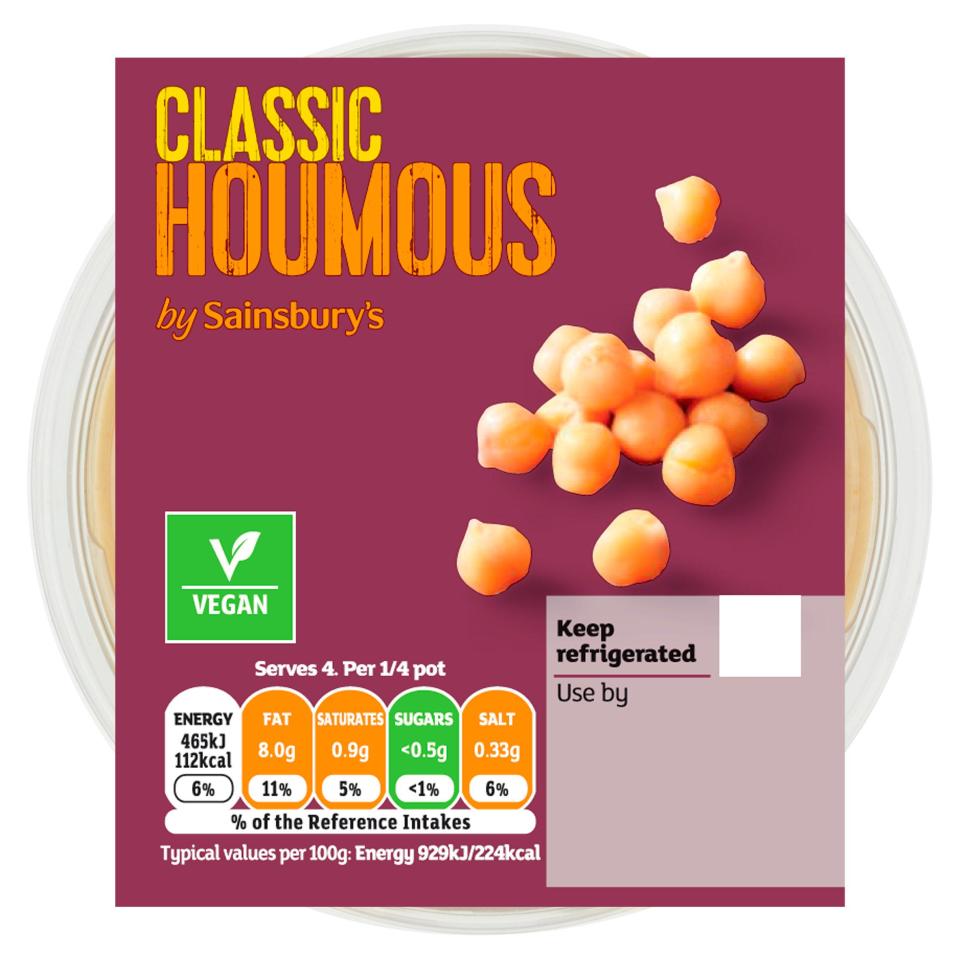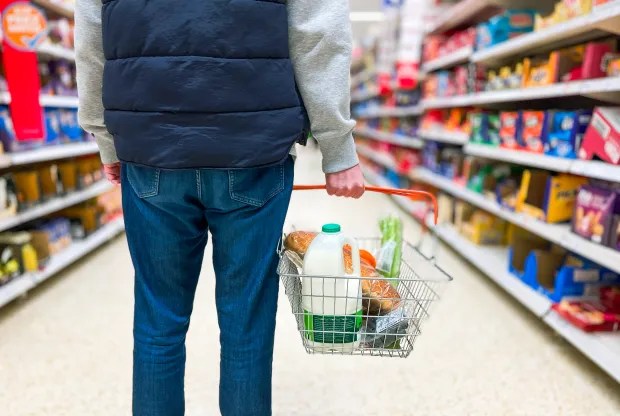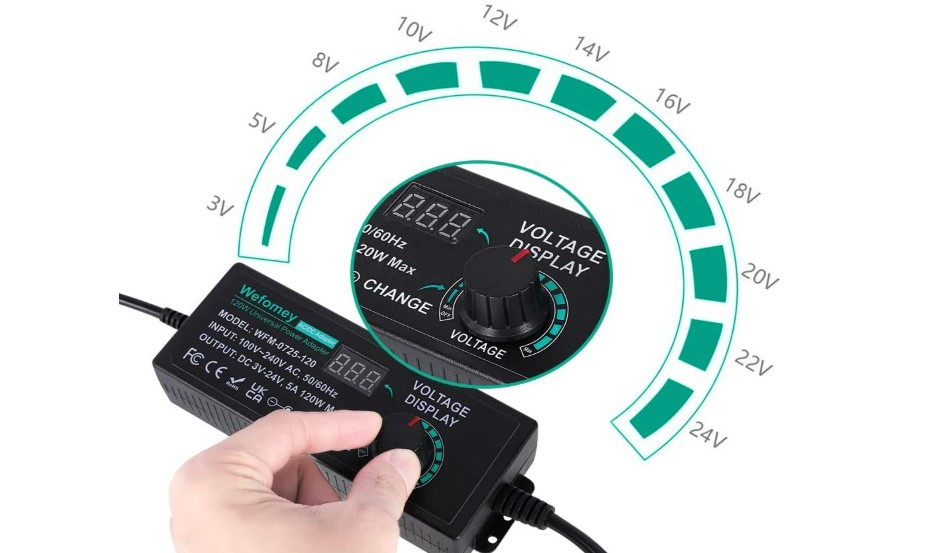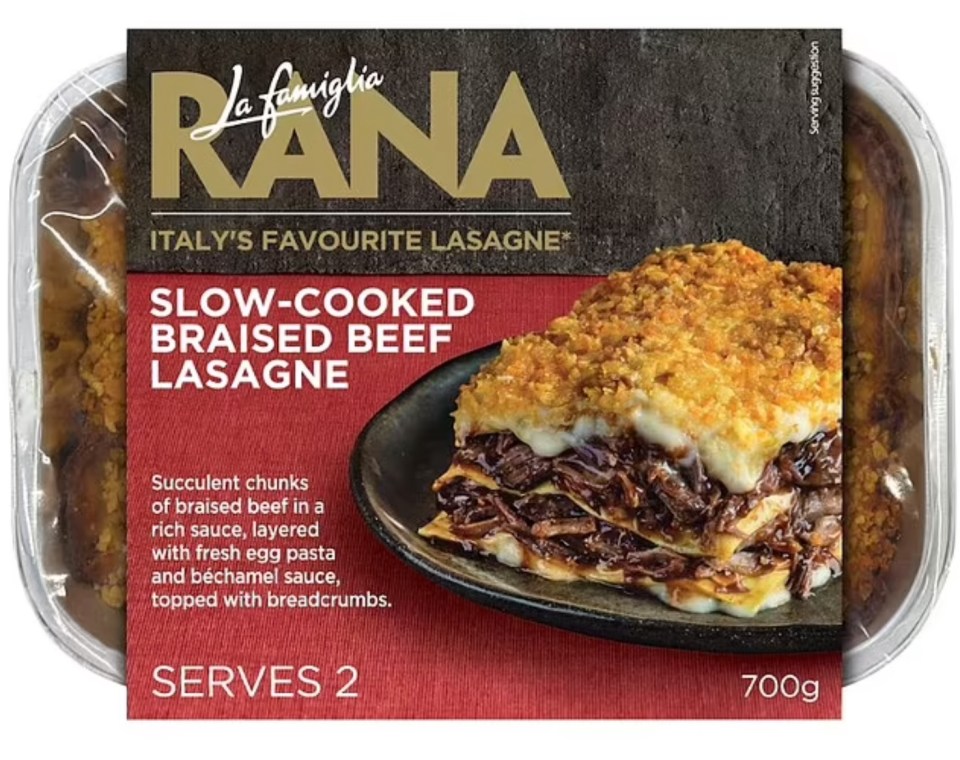Gaza’s traumatised children urgently need the hope education offers | Israel-Palestine conflict
When the ceasefire in Gaza was announced, I experienced a range of mixed emotions. I felt joy that the bombs had finally stopped, but also dread that they could resume at any time. I felt optimistic that we could go back to normal life, but also anxious that this could once again be short-lived.
As an English teacher, I hope to see education restored as soon as possible. Education is the only means of reviving hope and helping children start to overcome the trauma of two years of genocide. It can provide a sense of normalcy and purpose. That is why it ought to be Gaza’s top priority.
Before the start of the genocide, I taught English to elementary and middle school pupils at an educational centre and a public girls’ school in Gaza City. The school was destroyed in the first weeks of the war; the education centre was badly damaged.
My family and I were forced to flee our home. A few months later, I started teaching in a tent; it was a local initiative run by volunteers. There were no desks in the tent; my students – ranging from six to 12 years of age – were sitting on the floor. The conditions of teaching were difficult, but I was committed to helping kids continue their education.
By late December 2024, pens, books, and notebooks started to entirely vanish from shops and markets. A single notebook would cost anywhere from 20 to 30 shekels ($6 to $9), if it was available at all. This was out of reach for the majority of families.
When the shortage of paper, books and pens became palpable, some of my pupils started arriving at class without anything to write on; others would collect scraps of paper from the rubble of homes and arrive at class with that; others still would write in tiny letters on the backs of old sheets of paper preserved by their families. Because pens were so scarce, several children would often have to share a single pen.
Since writing and reading, the cornerstone of education, became so difficult to do, we educators had to come up with alternative teaching strategies. We did group recitation, oral storytelling, and songs.
Despite the lack of supplies, children had an amazing will to continue learning. Seeing them struggling with old scraps of paper filled me with admiration and anguish; I was proud of their will to learn in spite of everything, and their perseverance inspired me.
I had a special notebook my grandmother had gifted me years ago, which I used as a diary. I wrote in it my dreams and my secrets. After the war, I filled the pages with stories of bomb explosions, homeless families sleeping in the street, starvation I had never experienced before, and suffering in the absence of even the most basic necessities.
On one particular school day in August, when the majority of my pupils showed up without any paper, I knew what I had to do. I took my notebook and I started tearing its pages, one by one, giving them to my students.
With so many kids, my notebook’s pages ran out in a single day. My students then had to go back to the scraps of paper or cardboard.
The truce may have put a stop to the bombs, but my students are still without paper and pens. Humanitarian aid has started coming into Gaza once again. Food, medicine, and materials for shelter are coming in. These are all crucial. But we also urgently need educational supplies and support to put education back on track for Gaza’s 600,000 schoolchildren.
Books, pens and paper are not just school supplies. They are a lifeline that can help the children of Gaza triumph over war, destruction and immense loss. They are critical tools that can sustain their perseverance and willpower to live, learn and see a bright future.
Children can recover from the trauma of war and regain a sense of security with the aid of education. Learning gives them back the structure, self-assurance, and hope for a brighter future that are necessary for both community healing and psychological rehabilitation.
We need to give children who lost two years of education the opportunity to write, learn, and dream again.
The views expressed in this article are the author’s own and do not necessarily reflect Al Jazeera’s editorial stance.



